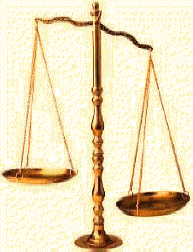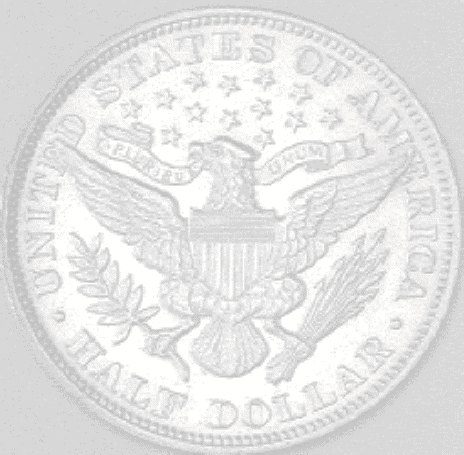
|
|
||
|
|
|
|
|
|
||

-57-
FOR BETTER OR WORSE:
The Election Of 1912
The election of 1912 was
critical for the reformers of the economy, and Democrat Woodrow Wilson
gained the Presidency. Having declared "The greatest monopoly in the
country is the money monopoly" (Johnson, 21), he was elected on a
Progressive ticket and pledged economic reform without the creation of a
central bank" (Johnson, 20). Following the election, however, his views
changed as he listened to unwise counselors.
On December 26th of that year, Representative Carter
Glass of Virginia and Mr. H. Parker Willis, Associate Editor of the New
York Journal of Commerce, presented the President-elect with a
plan. The plan was to create 20 or more privately controlled regional
banks that would retain a portion of the reserves of member banks and
that would be able to issue paper “money" backed by 33 1/3 percent gold
(Johnson, 25) and commercial assets (Johnson, 22). President Wilson's
proposal to add a central board to regulate the regional banks worried
Mr. Glass who felt it would result in too great a central power.
Freedom-loving Americans were wary government was intruding too far
into the economic arena (Johnson, 23). William Jennings Bryan
maintained the government should issue the nation’s currency
instead of the reserve banks (Johnson, 24).
The National Debt
The Federal Reserve System is
predicated upon debt. In complete disregard of God's Law, economists in
this country have adopted the attitude of Alexander Hamilton that "A
national debt, if it be not excessive, will be to us a national
blessing" (“The Two Faces of Debt”, 7). Mr. White was also of this
opinion: "The payment of the national debt is one of the facts to be
reckoned with, and that system that cannot square itself to this fact is
doomed” (White, 416).
God has not given Americans an ear to hear, or a heart
that can understand His counsels. Benjamin Disraeli declared, "Debt is
the prolific mother of folly and crime” (“Two Faces of Debt”, 5).
America, like England, attests to this fact. The rising incidence in
crime is staggering.
"Debt" is the undelivered portion of a transaction. It
arises principally from two causes: first, an unjust system of weights
and measures, and second, spending more “money” than one has at his or
her disposal. Since nothing of value changes hands from a would-be
"buyer", the present system in which the Federal Reserve claims "Banks
create money by 'monetizing' . . .debts . . ." (I Bet You Thought,
Federal Reserve Bank of New York, Second Edition, 1980, p. 27) is only
imaginary. However, if we play the game, then there is a third reason
for government debt: the printing of "money” by the Federal Reserve
banks which they "loan" to the Federal government at "interest." It is
the pretended interest payments * to the bankers that is breaking the
back of this nation. After all, the Progressives had warned such a
measure would be "dangerously inflationary" (Johnson,19). ** For this
reason Mr. Bryan wanted to leave with Congress the power to issue
currency. His protests fell upon deaf ears, and the nation has reaped
the tyranny of inflation.
* If as the Federal Reserve openly confesses, that
"Neither paper currency nor deposits have value as commodities;" that
"intrinsically, a dollar bill is just a piece of paper;" that "Deposits
are merely book entries" (Modern Money Mechanics, Federal Reserve
Bank of Chicago, Revised Edition, June 1975, p. 3, first paragraph) then
the entire system of banking in this country including supposed "debts",
"payments", and "interest" is all a fraud.
** "Credit" is "inflation." If paper "money" was redeemable in gold and
silver, such currency would create in the minds of people the illusion
that money can be created. It would further convince most people the
money supply had expanded which in reality is not so.
